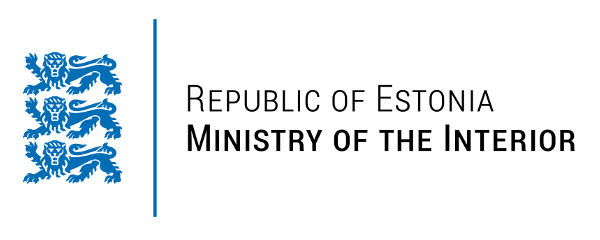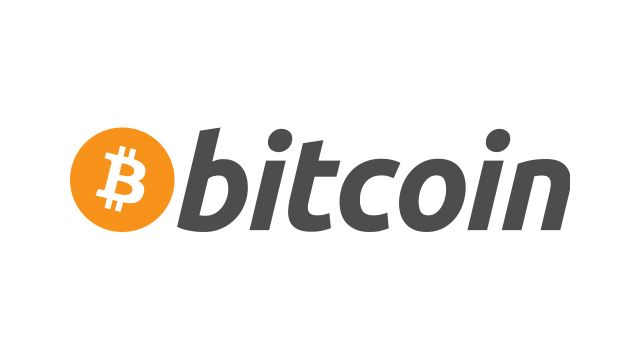
The District Court of Tallinn acquitted Mart Pirita (45), who was accused of locking down the e-mail accounts of the Minister of the Interior Hanno Pevkur and the Director General of Police and Border Guard Board (PPA) Elmar Vaher, because his guilt was not proved.
The District Court overruled the previous verdict by Harju County Court. The Harju County Court convicted Pirita and imposed a financial penalty of 270 daily rates, which is EUR 13’159.80.
The Prosecutor’s Office accused the ex-employee of IT and Development Centre at the Estonian Ministry of the Interior (SMIT) of illegal disrupting of computer systems by entering data. According to accusation, in August 2014 Pirita entered without permission different incorrect passwords for 14 user accounts in SM jurisdiction, which resulted in these user accounts being blocked. The attack was performed through TOR network which allows using the Internet anonymously and hide one’s tracks. The accusation noted that Pirita may have been motivated by the termination of his employment contract.
Presenting as a witness in the court, Tiit Hallas, the head of information security of SMIT described to the court that TOR network is used by child pornography and malware distributors. During the attack an IP address belonging to the company E-Positive.ee owned by Mart Pirita was logged into the TOR network.
The District Court found that the County Court made mistakes in evaluating the evidence and accidentally attested that the act was performed by Mart Pirita. Only the fact that Mart Pirita used the TOR network is not sufficient, as anyone using the network at that time could have performed the illegal act. The evidence collected by the prosecutor do not show direct relation to the act. The District Court admitted that several circumstances hinted that the blocker was related to SMIT but this is not enough for convicting someone. There are no direct evidence and indirect evidences are weak, found the District Court.

